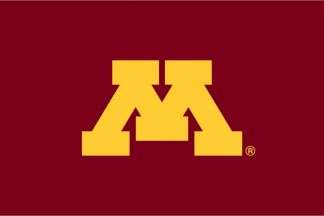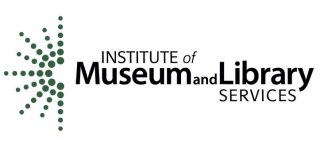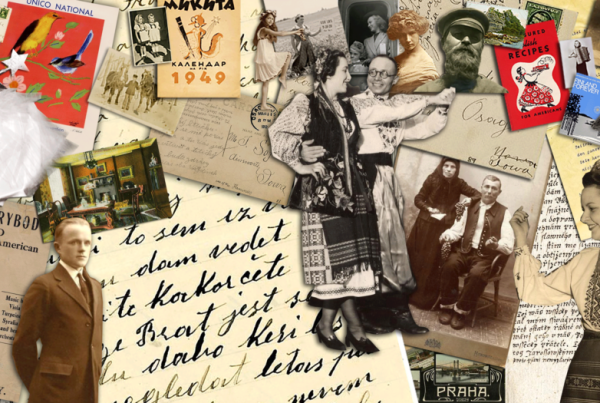 A team from the University of Minnesota-Twin Cities, Cornell University, and Carnegie Mellon University has received a $245,842 grant from the Laura Bush 21st Century Librarian Program of the Institute of Museum and Library Services to train 120 librarians in techniques of systematic review and other evidence synthesis skills.
A team from the University of Minnesota-Twin Cities, Cornell University, and Carnegie Mellon University has received a $245,842 grant from the Laura Bush 21st Century Librarian Program of the Institute of Museum and Library Services to train 120 librarians in techniques of systematic review and other evidence synthesis skills.
This training will advance librarians’ ability to collaborate with scholars and others seeking support for evidence-based decision- and policy-making.
The program will be aimed at those working in disciplines outside of the health sciences, where librarians have been supporting systematic reviews for decades and training programs exist. Now scholars in the social sciences, life sciences, agriculture, and nutrition are pursuing these methodologies, and library workers need training to meet these needs.
Thus the training program’s six 2.5 day workshops will fill a gap in training offerings. With participant and partner evaluations, the team also aims to refine their existing curriculum over the three-year timeline.
The project partners have experience in establishing systematic review services explicitly for those outside the health sciences. The partners are, from the University of Minnesota-Twin Cities, PI Megan Kocher, Agricultural Sciences Librarian, Co-PI Amy Riegelman, Social Sciences Librarian, and Julia Kelly, Agricultural and Environmental Sciences Librarian; from Cornell, Kate Ghezzi-Kopel, Health Sciences and Evidence Synthesis Librarian; and from CMU, Sarah Young, Social Sciences Librarian.
The project partners note that librarian support for systematic reviews can affect the quality of the reviews — particularly, whether the research protocols used in systematic reviews are transparently reported so that they can be reproduced. Once these librarians are trained, scholars can benefit from their expertise and they can train others at their institutions.
The team will be recruiting a diverse and geographically dispersed group of academic librarians and library students considering an academic career. Along with engaging participants in training using a variety of learning methods, the team will develop an online toolkit of resources that can be used by the library community at large, and offer publications and presentations on evidence synthesis methods to other audiences.
About the Institute of Museum and Library Services
The Institute of Museum and Library Services is the primary source of federal support for the nation’s libraries and museums. We advance, support, and empower America’s museums, libraries, and related organizations through grantmaking, research, and policy development. Our vision is a nation where museums and libraries work together to transform the lives of individuals and communities. To learn more, visit www.imls.gov and follow us on Facebook and Twitter.
About the University of Minnesota Libraries
The University of Minnesota Libraries is one of the University’s and the state’s greatest intellectual assets. In 2017, we won the National Medal for Museum and Library Service from the Institute for Museum and Library Services — becoming only the third academic library to win the award. We also received the 2009 Excellence in Academic Libraries award from the Association of College and Research Libraries, a division of the American Library Association.
Our expert librarians connect faculty, students, and staff with the resources they need — from the millions of volumes held in our general collections to the treasures of our archives and special collections, from online tools to enhance productivity to online programs and services to help expand the reach of your research.




